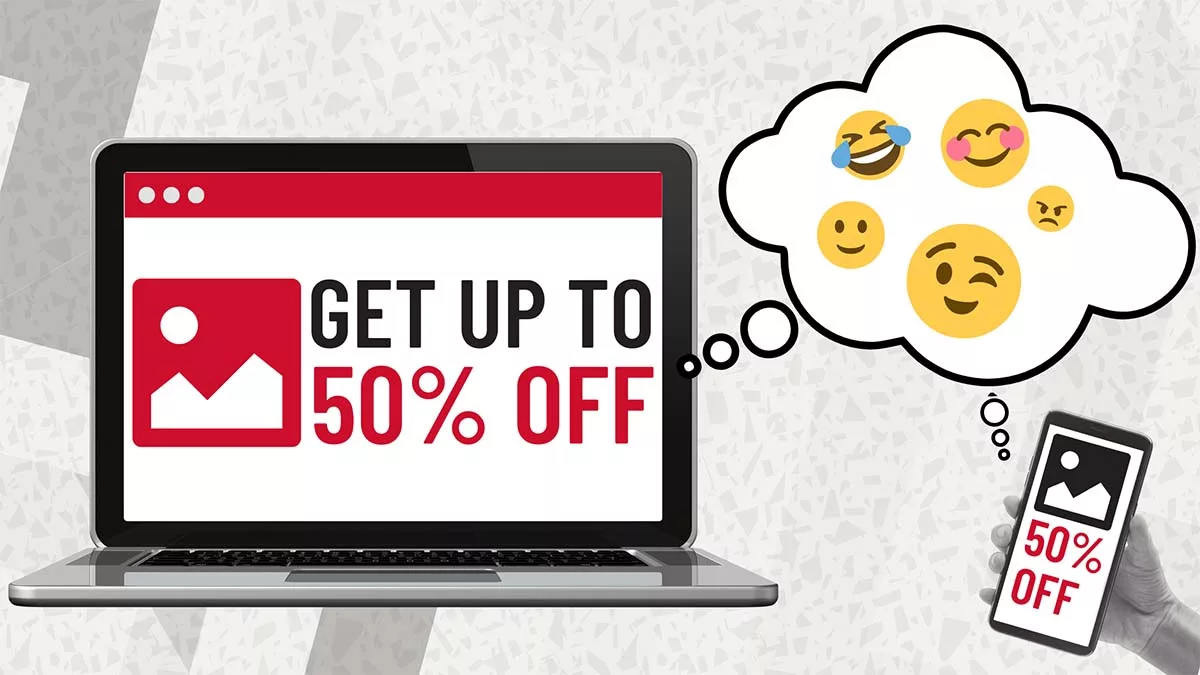By Katie Vaughan
The way consumers view your brand is largely shaped by how you choose to portray it. In today’s day and times, every successful brand has their own personality and image. Who would you have coffee with? The energetic, fitness-loving Nike? Or the nerdy, yet sophisticated, Tesla? What about the rugged ‘traveler’ Jeep? When you think of these brands, an idea of who they are and the characteristics that define them, instantly come to mind. This is where brands can fulfill their true potential – establishing human connections to inanimate ideas that keep brands relevant and memorable.
Why Have Brands Decided to Shift Toward Wanting to Have Personalities?
Brand personality has always been an integral part of company success and popularity. With the rise of entrepreneurship (especially during the pandemic) and society becoming more digitally literate, there’s always going to be tens, hundreds, or even thousands of competitors in any industry.
According to Oberlo, applications for LLC licenses hit a new record of 4.3 million in 2020, with over 32.5 million small businesses existing in the U.S. alone. Consumers who didn’t shop online pre-pandemic, were forced to move their purchases online, resulting in ecommerce and small businesses experiencing an exponential increase in sales. With the majority of shopping now online, consumers are so flooded with advertisements and content that a brand with a unique personality is a must, if one has any hopes of earning a new customer. It also helps to align with your target customer base and build relationships that earn loyal consumers.
What Defines A Personality for a Brand?
When you’re starting out, assess the characteristics you want your brand to have. The personality traits are what takes your brand beyond just the products it sells – it’s the mannerisms, marketing, reputation, and dynamic between new leads and loyal customers. Personality allows brands to establish a connection with its target audience, and differentiate from other competitors. Everything matters, from your logo, social media, website layout, packaging, all the way down to the tone of your customer service representatives. It’s effective to choose a word, like “athletic” or “sophisticated”, and build your personality around it so your consumers resonate with and relate to it.
Not only do consumers expect an image; there is now a new expectation for brands to have a voice. For example, consumers looked to brands to comment on their position with the BLM movement, or pick a stance on other social issues. Having a personality quite literally means the brand is acting as a person, by emulating moral values that relate best to its target audience.
What Are Brands Losing By *Not* Having A Personality?
What happens if a brand doesn’t establish a personality? There are a few reasons why lacking one could adversely impact it. When a brand lacks human characteristics or transparency, consumers feel no emotional connection or interest in what it is, what it stands for, and why it’s important. Consumers are much less likely to be loyal to the brand if it feels like the brand is “pushing product” and is much more transactional.
In a Klarna article about marketing brands to Gen Z and Millennials, it emphasized the importance of a brand that feels authentic: “Millennials care about authenticity – they want to feel they are making intentional choices as to how they spend their money and to whom they give attention.” Beyond just the product, customers enjoy the experience accompanying it, i.e. the packaging, its customer service, and attention to detail (basically elements that make the customer feel valued and appreciated). Furthermore, a lack of voice gives the brand no sense of trustworthiness.
The consumer wants to know a company’s or brand’s values before they purchase, considering that another competitor that seems more “friendly” can be just one click away.
What Are Some Success Stories of Brands Having Personalities?
We can all think of some brands that have created a personality so well that purchasing and using their product makes the consumer feel like they’re a part of something.
Off White, a designer clothing brand, became so successful because of founder and designer Virgil Abloh’s transparency and authenticity about the design process. His personality shined through the clothes and gave consumers a connection beyond the products.
Tesla: “ride free”. Tesla is sophisticated, innovative, futuristic, sustainable. Elon Musk has effectively integrated himself into the brand’s personality, and his lifestyle represents everything Tesla is. Driving a Tesla gives the customer a sense of confidence and feeling ahead of the game. Similarities between two completely different companies? Effective marketing, human representatives, distinct characteristics, and an established target audience…
How To Build A Brand Personality
Whether you’re establishing a brand personality or want to strengthen an existing one, Where does one begin? The most essential step: determine your target audience. You can’t identify with everyone. Being too broad will have your message falling flat and your customers won’t feel that connection. Find your audience, and market directly to them. Next, utilize the platforms your audience uses. Here’s an example:
If you’re a company recycling vintage clothes into new garments, take steps to establish a solid social media presence (especially on Instagram and TikTok) that matches the content and relevance of younger generations. Perpetuate the cool, hip, unique, and sustainability traits of your brand through an aesthetically pleasing website, local pop-ups, “meme marketing”, creative visuals, social media, and campaigns on how shopping with your brand benefits the environment. Knowing what your audience cares about (younger generations are more environmentally conscious, want to dress differently, and love vintage) is key to establishing a personal connection and loyal relationship.
Ultimately, ensure your brand personality is memorable and one-of-its-kind. With so many new businesses constantly emerging, there will always be plentiful competitors in any industry you enter. Establish and solidify your brand with characteristics that aren’t stereotypical or played out. Ultimately, confidence is key – be confident in whatever product you’re selling and the personality accompanying it. Customers will feel that confidence and are far more likely to establish trust and look to you for their next purchase.






